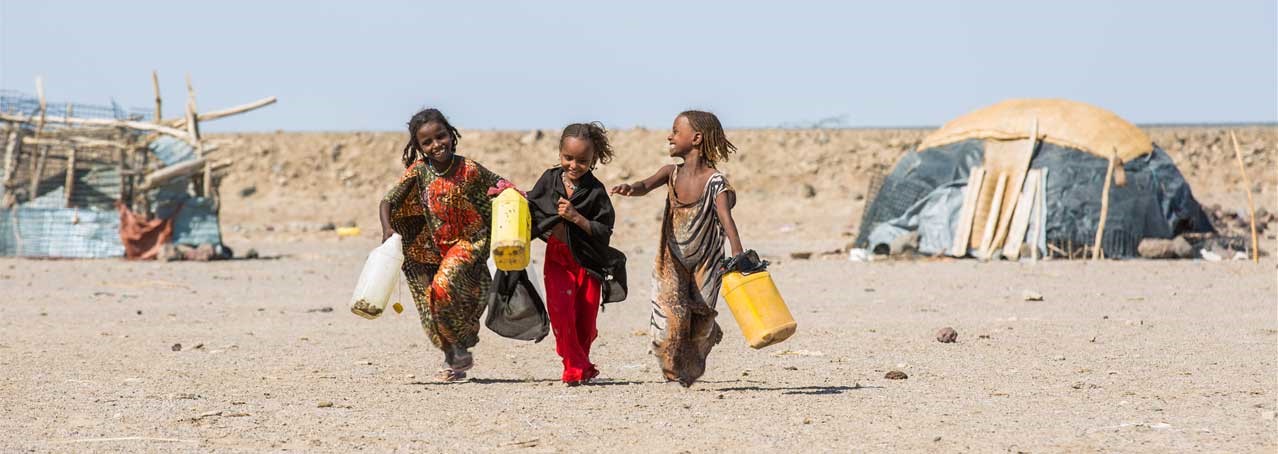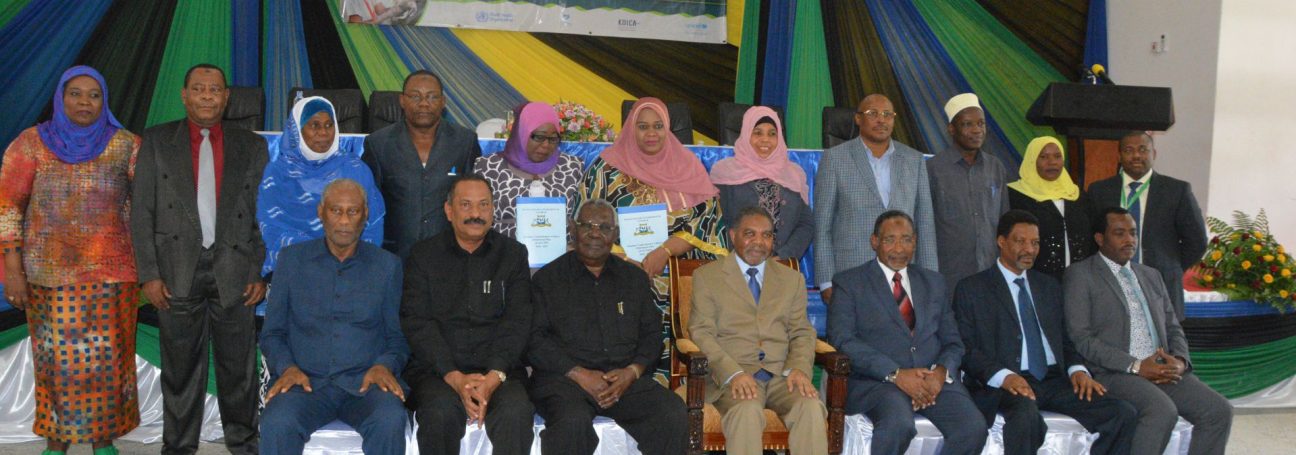Le programme de recherche de la Feuille de route contre le choléra identifie les lacunes dans les connaissances et les questions de recherche qui, une fois résolues, auront un impact significatif sur la réalisation de la Feuille de route contre le choléra à l’horizon 2030.

Le GTFCC a établi un programme de recherche pour la Feuille de route contre le choléra en utilisant l’approche de l’initiative de recherche sur la santé et la nutrition de l’enfant (CHNRI). Après consultation de 177 spécialistes du choléra et autres parties prenantes intervenant au niveau mondial, régional ou national, une liste a été dressée pour hiérarchiser les questions à traiter dans le cadre de la recherche sur le choléra.
Le programme présente la liste des 20 questions les plus prioritaires pour la recherche, ainsi que les 5 priorités de chaque pilier de la Feuille de route : vaccin oral contre le choléra (OCV), eau, hygiène et assainissement (WASH), surveillance et prise en charge des cas. En outre, il présente les trois domaines prioritaires pour la recherche fondamentale.
Afin de renforcer notre effort collectif, les partenaires du GTFCC appellent tous les acteurs à utiliser le programme de recherche de la Feuille de route de la manière la plus bénéfique et la plus adaptée à leur rôle.

Utiliser le programme de recherche pour établir des priorités en matière de conception et de réalisation des activités de recherche
Financer les projets de recherche qui auront le plus d’impact sur les pratiques et les politiques.
Intégrer les priorités, les objectifs et les conclusions de la recherche dans les plans nationaux de lutte contre le choléra (NCP)
Intégrer les priorités, les objectifs et les conclusions de la recherche dans les plans opérationnels
Ces efforts produiront des outils et des stratégies plus efficaces ainsi qu’une base de données probantes plus solide, qui permettront d’accélérer les progrès vers la réalisation des objectifs de la Feuille de route et d’ouvrir la voie vers un monde libéré de la menace du choléra.
Épidémiologiste, Epicentre, Paris
Directeur du Programme national d’élimination du choléra et de lutte contre les autres maladies diarrhéiques (PNECHOL-MD) au ministère de la Santé, basé à Kinshasa, RDC
Responsable de la prévention, Wellcome, Royaume-Uni

Le GTFCC est une plateforme unique réunissant des experts mondiaux du choléra de différents horizons. À ce titre, il offre de formidables possibilités de mise en réseau et de planification de la recherche sur le choléra. Les discussions qui y sont menées reflètent le besoin de recherche et donnent un aperçu utile des priorités ; elles nous ont aidés à concevoir des projets de recherche significatifs sur le choléra. Le GTFCC permet également de rencontrer d’autres chercheurs et acteurs nationaux, ce qui facilite les partenariats et la mise en œuvre des études. De plus, il s’agit d’une plateforme idéale pour partager les résultats afin d’obtenir l’avis des experts et de maximiser l’impact des travaux.

Depuis la création de l’équipe de recherche du GTFCC, nous avons reçu un soutien précieux pour l’organisation de réunions scientifiques qui rassemblent tous les chercheurs sur le choléra en RDC. Une telle plateforme est essentielle pour garantir que les conclusions des recherches soient effectivement traduites en stratégies, en actions et en lignes directrices nationales.
Ces réunions ont permis à la RDC d’utiliser les résultats de la recherche pour élaborer des politiques fondamentales. Par exemple, nous sommes passés d’une approche de vaccination ciblée à la couverture de districts sanitaires entiers, nous avons intégré l’utilisation du vaccin oral contre le choléra (OCV) dans le programme d’intervention CATI, nous avons mis en place des systèmes de surveillance de la qualité de l’eau dans plusieurs régions sur la base d’évaluations WASH, et nous avons incorporé des tests de diagnostic rapide (TDR) dans la surveillance de routine du choléra à la suite des résultats de l’étude.
Dans chacun de ces cas, la recherche a permis d’informer et d’améliorer les stratégies nationales, en veillant à ce que les actions soient fondées sur des données probantes et alignées sur les dernières découvertes.

Au cours des sept dernières années, le GTFCC a collaboré avec Wellcome pour élaborer et mettre en œuvre le programme de recherche de la Feuille de route du GTFCC contre le choléra. Ce programme a été élaboré en consultation avec 177 experts de la lutte contre le choléra et s’est révélé un outil essentiel pour mettre en évidence et hiérarchiser les besoins en données factuelles des décideurs politiques. Il sert également de point de départ pour co-développer et mettre en place des projets de recherche, tels que l’appel à projets lancé par Wellcome en 2023. Cela a abouti au financement de six projets visant à générer des données probantes sur l’utilisation de l’OCV. Tous les projets ont été menés en collaboration avec des décideurs politiques dès le début, afin de contribuer à l’élaboration de la recherche et de s’assurer que les données produites sont pertinentes pour les politiques, les pratiques et les actions. Le programme de recherche a également permis de favoriser la complémentarité entre les bailleurs de fonds et d’éviter les doubles emplois.
Le GTFCC a fourni aux décideurs politiques un environnement leur permettant de mettre en évidence les lacunes les plus urgentes en matière de données probantes, ce qui a eu une influence directe sur la recherche menée afin qu’elle soit plus ciblée et ait un impact rapide sur la lutte contre le choléra.